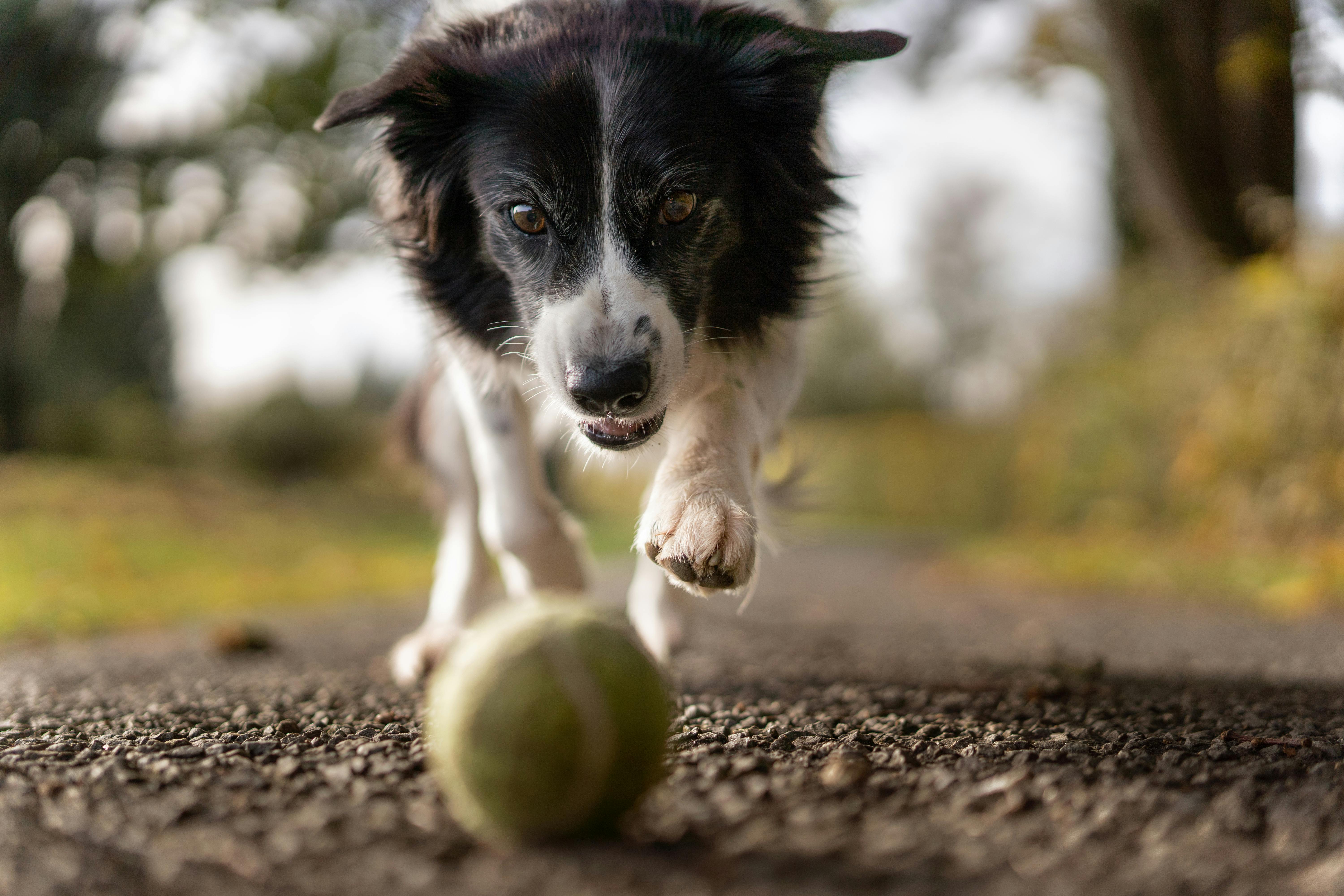Best Dog Hotel in Devonport, Plymouth, England


What Safety Checks, Permits, and Credentials Should You Look for in Dog Boarding?
If you’re thinking about leaving your dog at a boarding facility in Devonport, Plymouth, or anywhere else in the UK, you’ll want to make sure your furry mate is in safe hands. With so many dog boarders to choose from, it’s a good idea to know exactly what kind of safety checks, official permits, and credentials make a trustworthy dog boarding service. Here’s what you should look out for to keep tails wagging and your mind at ease.
Licences and Local Permits: Why They’re a Must
First things first, make sure any dog boarding facility is properly licenced by their local council. In Plymouth and nearby Devonport, as in the rest of the UK, the law requires every commercial dog boarder to hold a valid animal boarding establishment licence. This is not just paperwork; it means they’ve been checked for clean, safe conditions and are inspected annually by the council.
When visiting a potential dog boarder, don’t be shy ask to see their current licence. It should clearly show:
- The expiry date (make sure it’s current)
- The maximum number of dogs allowed
- Any special conditions they need to meet
If they can’t or won’t show you their paperwork, that’s your sign to walk away. Genuine boarders are always happy to prove they’re on the level.
Health and Safety Standards: What to Spot on Your Visit
It’s not all about paperwork. A reputable boarding facility will tick all the boxes for health and safety, making sure your dog stays happy and healthy. When you pop in for a visit (which a good boarder should welcome), keep an eye out for:
- Clean, warm sleeping areas look for non-slip floors, comfy bedding, and no funny smells
- Secure fencing and double gates to stop escape artists
- Separate spaces for dogs who don’t get on, minimising stress and scuffles
- Staff washing hands between dogs and cleaning up straight away
Ask about their policies for illness and emergencies. Are they partnered with a local vet in Devonport or Plymouth? Some of the best kennels keep a staff-to-dog ratio of around 1:5, which means plenty of human attention if anything goes wrong.
Staff Training and Experience: Who’s Looking After Your Best Mate?
Credentials aren’t just about the bricks and mortar. The people looking after your pet matter just as much. Top dog boarding places usually have:
- Staff trained in canine first aid ask for proof if you’re unsure
- Experience with a variety of breeds, behaviours, and medical needs
- Ongoing training in animal welfare and safe handling
It’s a real plus if staff belong to professional bodies such as the National Association of Pet Sitters & Dog Walkers or are certified in dog behaviour. This shows they care about keeping their skills fresh.
Record Keeping and Daily Checks: Tracking Your Dog’s Wellbeing
Any good boarder will keep detailed records for each dog, including vaccination dates and emergency contacts. Many also do daily health checks, looking out for things like changes in appetite or behaviour and keeping you in the loop with updates or photos, often by sending friendly texts or WhatsApp messages.
Here’s a quick table comparing what you might find at different boarders:
| Feature | Basic Boarder | Top-Quality Boarder |
|---|---|---|
| Licence on display | Sometimes | Always |
| First aid trained staff | Maybe | Yes, always |
| Vet on call | Unclear | Yes, local and 24/7 |
| Daily health checks | Only if needed | Documented every day |
Don’t Forget: Ask and Compare Locally
No need to settle for the first boarder you find. Compare what’s on offer in Plymouth and Devonport, but don’t be afraid to peek at nearby places like Exeter or Torquay if you’re willing to travel a bit. And if you’re travelling across the country, places in major cities like London, Birmingham, or Manchester might have stricter requirements and even more luxurious options. Wherever you go, sticking to this checklist helps make sure your dog is as safe and happy as possible while you’re away.
In the end, the right boarder will always welcome your questions and prove their safety measures are more than just words. After all, your best friend deserves the very best when you’re not around!
